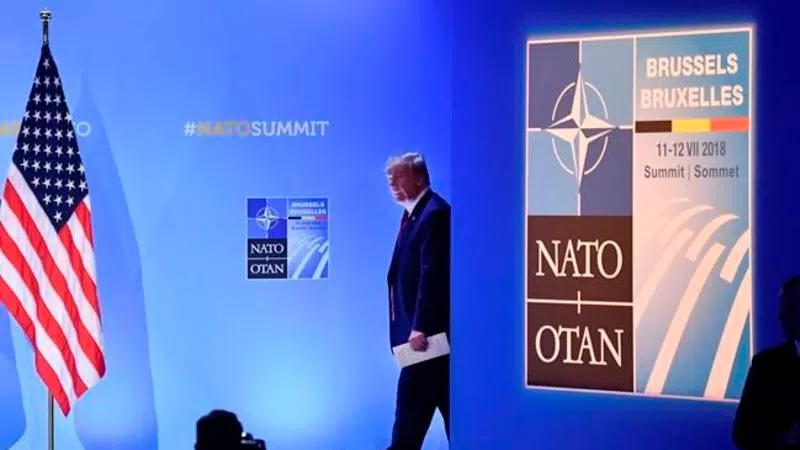
Trump pressure on Cuba could hit Canadian companies, business leaders warn
OTTAWA — Business leaders are warning that the Trump administration’s threat to tighten the U.S. embargo on Cuba could sideswipe Canadian companies that are doing business on the Caribbean island.
The Canadian Chamber of Commerce says it is worried that the United States could enact a never-before-used section of the 1996 Helms Burton Act that would allow Americans to sue foreign companies linked to Cuban properties that were confiscated after its 1959 revolution.
“It’s an administration that’s not afraid to break with what are considered to be the normal ways of doing business in international diplomacy,” said Mark Agnew, the chamber’s director of international policy.


